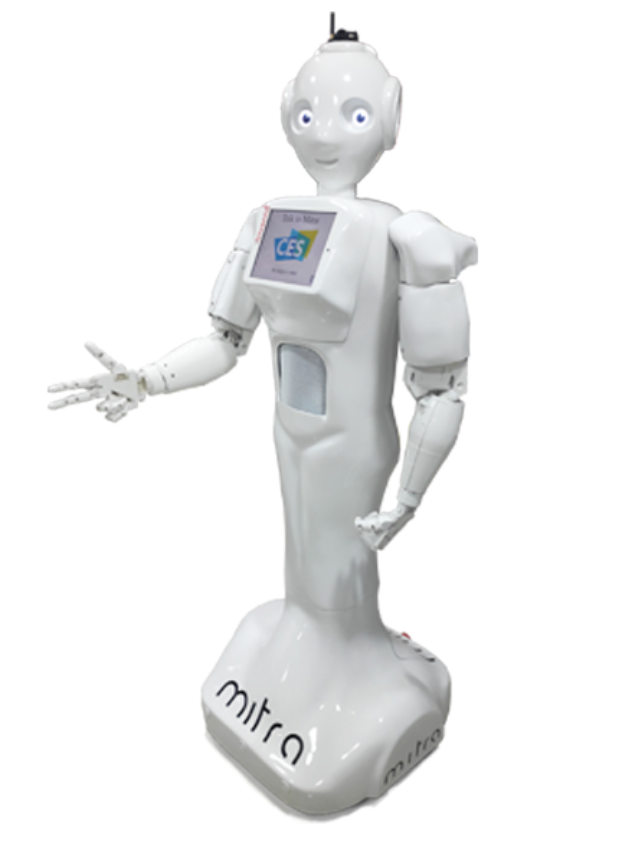Arpitha Vinod [email protected]
With India having the second highest number of recorded coronavirus cases, it is reassuring to know that technology is swooping in to save the day. Meet Mitra: a robot that helps hospitals by taking on manual tasks and allowing for patients to communicate remotely with their loved ones at home.
Project Mitra had a rocky start. Invento Robotics, the company behind this robot, is based in Bangalore and was founded by Balaji Viswanathan and his wife Mahalakshmi Radhkrishnan. With their combined expertise in manufacturing and human-robot interaction, they had a vision to create robots which could improve patient well-being in hospitals . However, their initial vision never took traction, so the couple instead designed robots which assisted banks, where they identified visitors, printed passes, and took customer feedback. Nevertheless, their robots made their way into the hospital once the coronavirus hit and the necessity of such an invention was realized.
Mitra means friend in Hindi, and that is exactly what the robot is to both the patients and the doctors in a hospital. When coronavirus patients need to stay in the hospital for a long time and cannot access their phones, Mitra helps them stay contacted with their family. The robot has a video screen and a camera attached to its chest, and can remember the names of the people it interacts with through facial recognition technology. It can also disinfect surfaces, answer questions from patients, and roam around the hospital, enabling video call if necessary.

“It may sound ironic, but we are using robots to bring humanity to the hospitals ,” says Viswanathan. The robots are already deployed in the Yatharth Hospital of Noida, a city in northern India. There, the Mitra robots are either at the entrance, screening patients for coronavirus symptoms, or in the intensive care unit attending to patients. The robot is the nurse’s assistant as well, taking vitals or reminding patients to take their medicine.
Furthermore, Mitra helps connect patients with their family and lets the family take a deeper look inside to the patient’s surroundings, since they cannot be present with the patient. “Patients get happy and positive whenever the robot visits them. They are often clicking selfies with Mitra,” says hospital director Kapil Tyagi. However, if the patient ever wants a private conversation with their family, a booth can be built around Mitra to ensure privacy. While Mitra costs $10,000 right now and is only used in India, it is fascinating to see how technology is advancing humanity in such a time of crisis.
